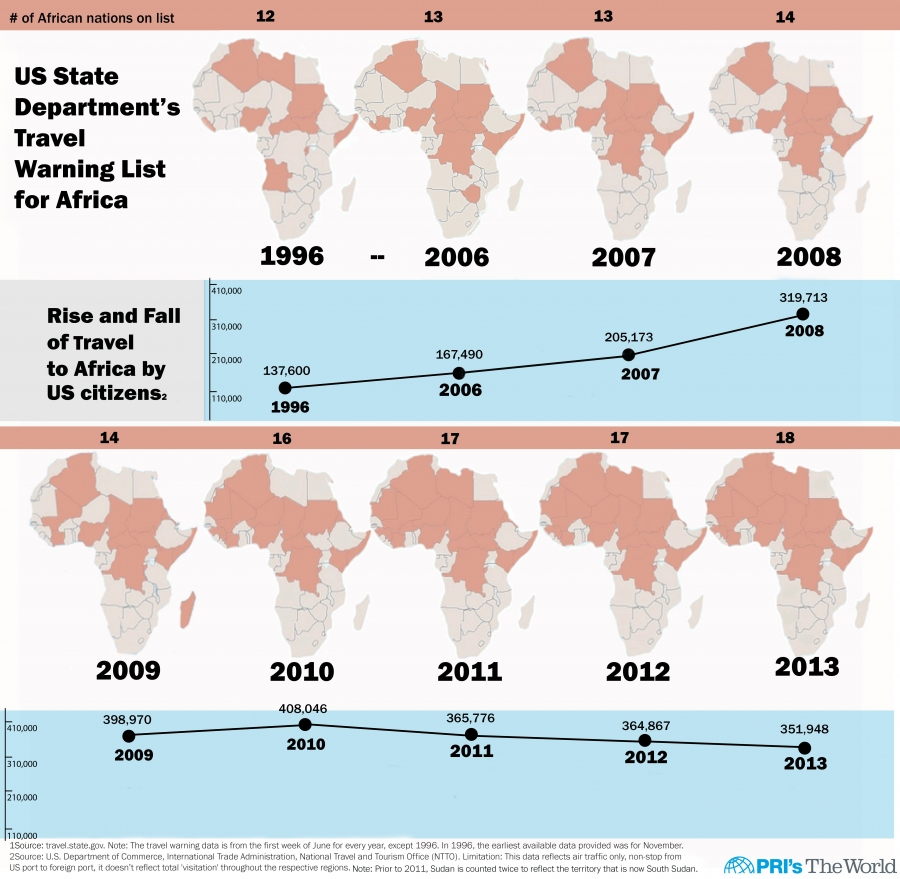The recent update of the Level 2 travel advisory for South Africa by the US government has raised several eyebrows, particularly following President Cyril Ramaphosa’s diplomatic visit to Washington. This advisory, which advises American citizens to exercise increased caution due to crime and civil unrest, seems to echo long-standing narratives that stigmatize South Africa. According to experts, such advisories not only perpetuate negative stereotypes but may also skew perceptions about the country’s stability. The timing of the advisory, coming directly after Ramaphosa’s discussions with President Trump regarding the controversial comment about a ‘white genocide’ in South Africa, indicates a potential diplomatic contention. International relations scholars emphasize that while crime remains a concern, its portrayal in the advisory may be overly simplistic and detrimental to South Africa’s international image.
Tourism Minister Patricia De Lille’s response emphasizes the necessity for context, stating that South Africa remains one of the safer and more stable nations globally. De Lille underscored the importance of addressing the complexities surrounding crime and safety in South Africa without resorting to broad generalizations. The advisory ranks South Africa alongside nations with significantly higher travel warnings, illuminating a disparity that could impact tourism and foreign investment negatively. As discussions about safety and public perception continue, political commentators like Thobani Zikalala argue that while acknowledging the realities of crime, it’s crucial to focus on the efforts the South African government is making to bolster public security. These efforts might be overshadowed by international narratives that fail to capture the full scope of the socio-political landscape in the country.
The Level 2 advisory was issued shortly after South Africa had begun to receive positive attention for its efforts to enhance diplomatic relations, particularly with the US. Critics argue that the portrayal of South Africa in such advisories hinders progress by reinforcing stereotypes that undermine the country’s attempts to present itself as a viable partner on the global stage. While the US has a sovereign right to advise its citizens, the broader implications of such narratives could be detrimental to South Africa’s national image and its economic recovery efforts post-pandemic. Countries like South Africa face the challenge of addressing domestic issues while also contending with external perceptions that can influence international relations and tourism—a vital component of its economy.
Summary
The US government has issued a Level 2 travel advisory for South Africa, advising American citizens to exercise heightened caution due to concerns about crime, terrorism, civil unrest, and kidnapping. This advisory follows South African President Cyril Ramaphosa’s recent visit to Washington, where he sought to address negative perceptions about the country, especially surrounding claims of white genocide made by President Trump. Critics argue that the advisory reflects a broader pattern of vilifying South Africa despite its ongoing efforts to improve international relations. While acknowledging the country’s crime issues, officials emphasize the need for a nuanced view that recognizes South Africa’s stability and commitment to visitor safety. Political analysts highlight the impact of such advisories on South Africa’s diplomatic relations with the US, pointing to the challenge of overcoming entrenched narratives about crime and safety in the country.



More Stories
South Africa Violent Crime: Debunking the White Genocide Myth
South Africa Mass Shooting: 18 Killed in Lusikisiki Attack
Kidnappings in Gauteng: Alarmingly Rising Crime Statistics